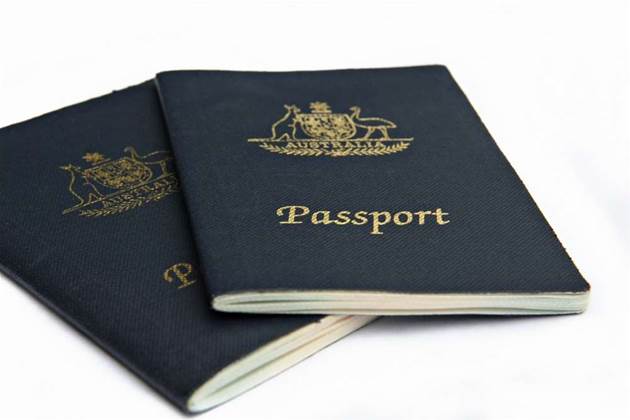The Department of Foreign Affairs and Trade (DFAT) is assessing new, centralised systems to enhance the security and efficiency of its current passport handling processes.

In accordance with the 2010 Federal Budget, the project will replace the existing passport system and cost $100.8 million over six years.
DFAT called for Expressions of Interest (EOI) in January, and will shortly move to a closed tender process after evaluating proposals, a spokesman told iTnews.
A shortlist of participants will then be invited to take part in a Request for Tender (RFT) process in the first half of the 2010-11 financial year.
The RFT process is expected to identify a new workflow solution that will support the processing of passport applications and be capable of managing the projected growth in passport issue rates for at least the next ten years.
DFAT expects to issue more than 1.7 million passports in the 2009-10 period. It forecasts demand to exceed 2 million by 2012 and to rise by between 70 and 100 percent within ten years.
According to 2010 Budget papers, the replacement system "will more effectively meet the projected increase in passport demand and introduce greater security and fraud prevention systems."
Just over $48 million in capital funding is included in the $100.8 million figure. Around $40 million of this will be offset from the ICT Business as Usual Reinvestment Fund, established as part of the Gershon review.
According to DFAT, the new IT system will provide a more secure, efficient and responsive passport system through four key elements.
The first, eScan, will enable large-scale scanning of passport application forms and supporting documents.
The second, eFlow, will manage the flow of data through the stages of the passport approval processes, ensuring quality decision-making; whilst eCase will provide significantly enhanced fraud investigation, analytical and intelligence capabilities and case management functions.
The final element, ePrint, will allow for quality assured and bulk centralised printing of personal information into passports, including biometric chip encoding.


_(20).jpg&h=140&w=231&c=1&s=0)
_(23).jpg&h=140&w=231&c=1&s=0)

_(28).jpg&h=140&w=231&c=1&s=0)




_(26).jpg&w=100&c=1&s=0)
 iTnews Executive Retreat - Security Leaders Edition
iTnews Executive Retreat - Security Leaders Edition












_(1).jpg&h=140&w=231&c=1&s=0)



